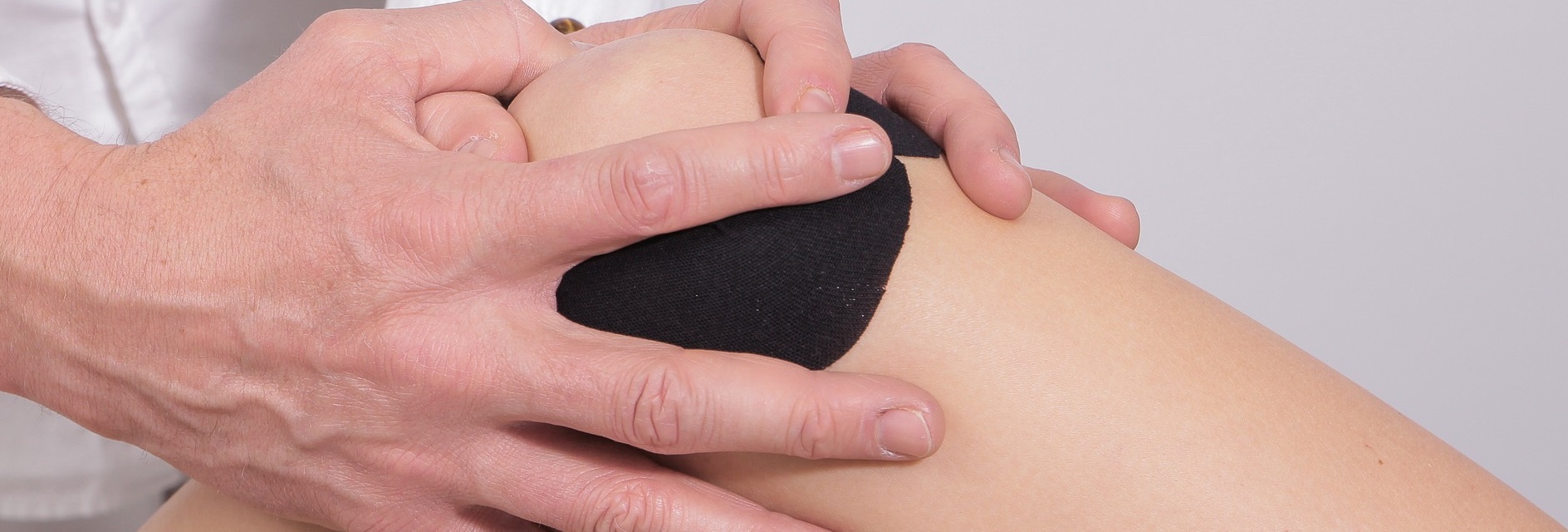Objective:
The aim of this study was to examine the relationship of psychosocial factors, namely, pain catastrophizing, kinesiophobia, and maladaptive coping strategies, with muscle strength, pain, and physical performance in patients with knee osteoarthritis (OA)-related symptoms.
Methods:
A total of 109 women (64 with knee OA-related symptoms) with a mean age of 65.4 years (49-81 years) were recruited for this study. Psychosocial factors were quantified by the Pain Catastrophizing Scale, Tampa Scale for Kinesiophobia, and Pain Coping Inventory. Clinical features were assessed using isometric and isokinetic knee muscle strength measurements, visual analog scale, Western Ontario and McMaster Universities Osteoarthritis Index, and functional tests. Associations were examined using correlation and regression analysis.
Results:
In knee OA patients, pain catastrophizing, kinesiophobia, and coping strategy explained a significant proportion of the variability in isometric knee extension and flexion strength (6.3%-9.2%), accounting for more overall variability than some demographic and medical status variables combined. Psychosocial factors were not significant independent predictors of isokinetic strength, knee pain, or physical performance.
Conclusions:
In understanding clinical features related to knee OA, such as muscle weakness, pain catastrophizing, kinesiophobia, and coping strategy might offer something additional beyond what might be explained by traditional factors, underscoring the importance of a biopsychosocial approach in knee OA management. Further research on individual patient characteristics that mediate the effects of psychosocial factors is, however, required in order to create opportunities for more targeted, personalized treatment for knee OA.

